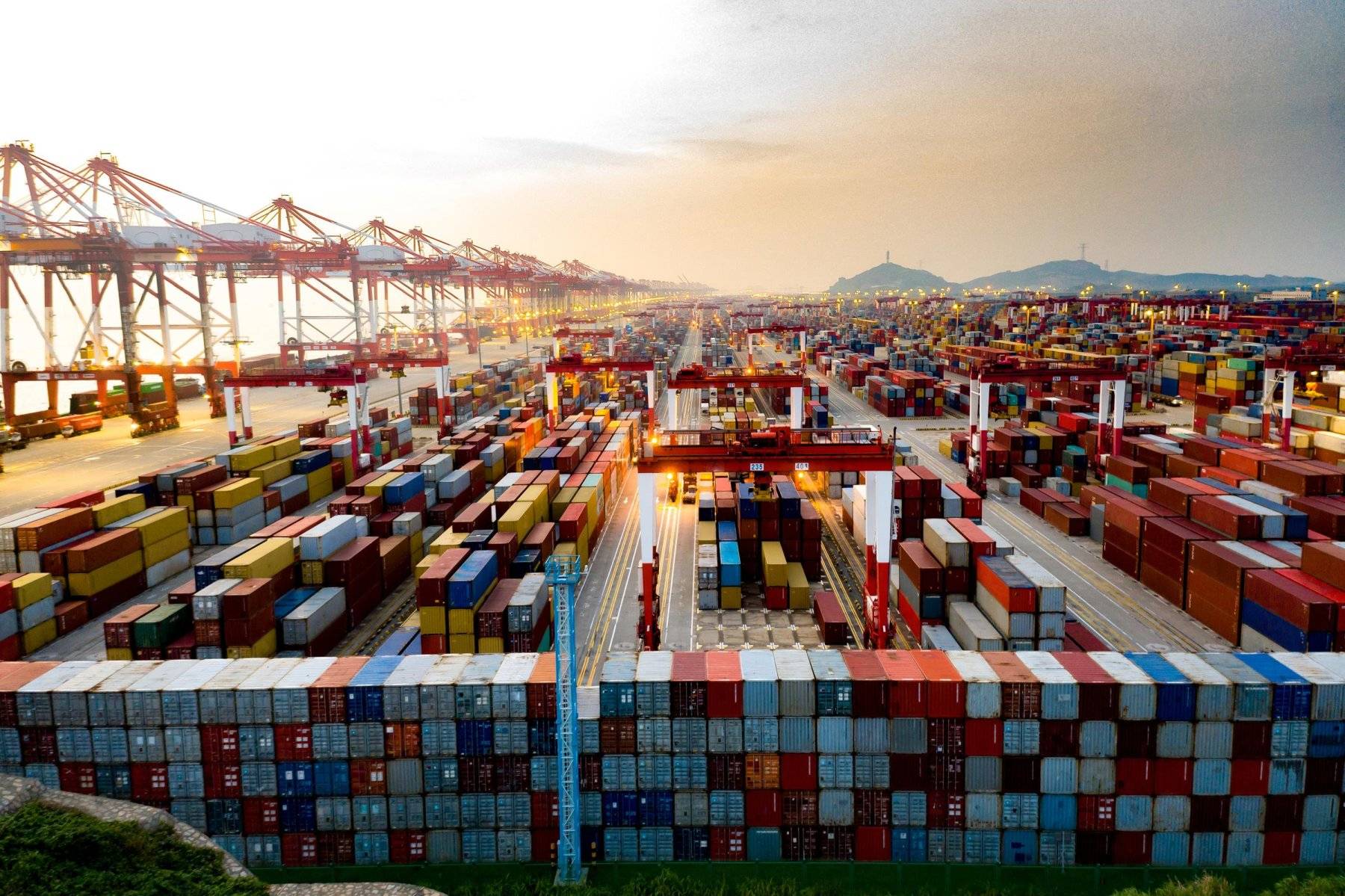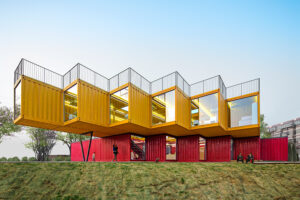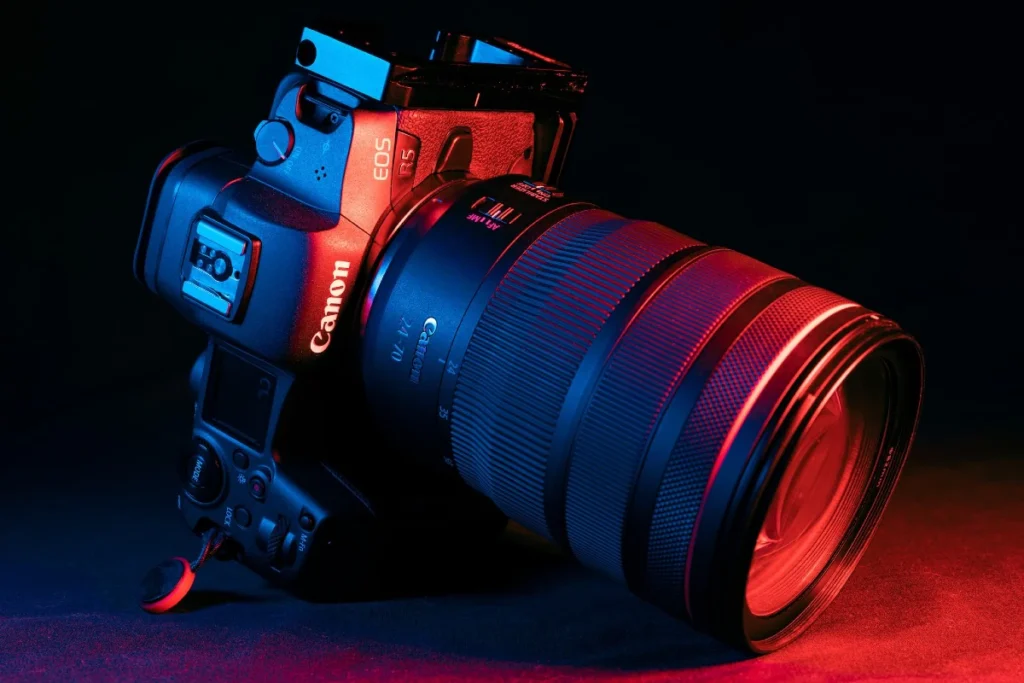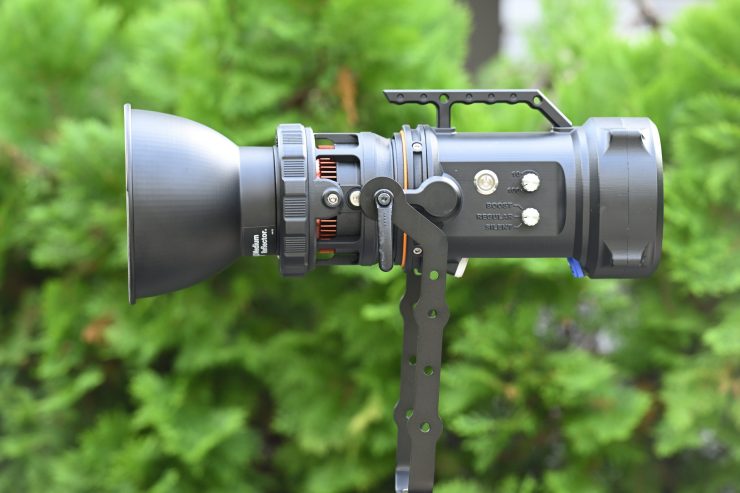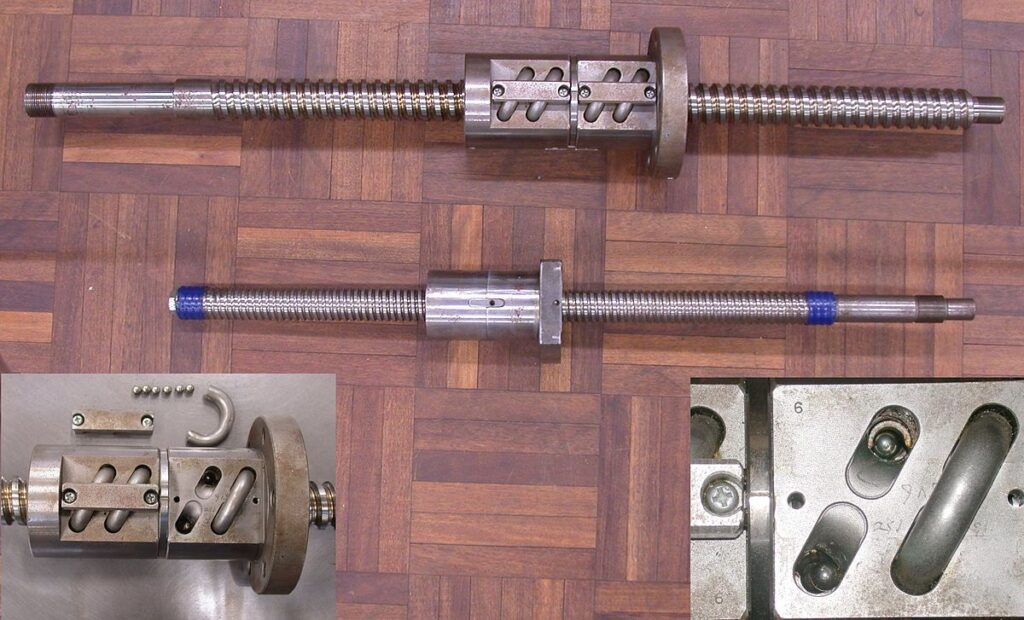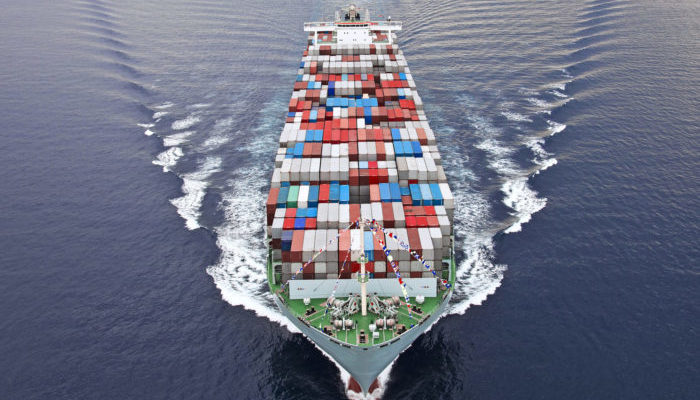
Selecting the ideal shipping container is crucial to guaranteeing the secure and effective delivery of goods. Many elements may be taken into account to satisfy your demands, from material and size to security and ventilation features.
Thus, whether you’re buying a shipping container for your home or company, this site will offer a comprehensive guide to help you make the right decision.
Recognizing Different Types of Containers
There are several varieties of SCF containers, each serving a distinct purpose. It might assist to know the many types of shipping containers that are available before deciding which one best suits your needs. These are a few:
- Typical Dry Containers
These are the most popular kinds, and routine cargo transportation makes use of them. They may be found in conventional lengths of 20 to 40 feet, as well as typical width and height specifications.
- Elevated Cube Containers
These are comparable to ordinary dry containers, except they have a higher profile for more cubic space. Big or tall items are best stored in high cubes.
- Cold Storage Units (Reefers)
Reefers have cooling systems installed that regulate temperature within preset parameters. Their ability to refrigerate makes them the ideal container for shipping perishable products.
4. Open-Top Containers
These containers lack a permanent roof so it makes them perfect for material that must be loaded from above or is too tall for regular containers.
5. Flat Rack Containers
Flat racks, with their folding sides, are ideal for transporting heavy freight, machinery, or vehicles.
6. Tank Containers
Liquids are intended to be transported in tank containers. They are available in many sizes and have safe fittings to guarantee the secure transmission of dangerous materials.
7. Specialized Containers
These include insulated containers, vented containers, and others that are available to meet specific cargo requirements.
Factors to Consider
When choosing the best shipping container that can cater to your needs there are several factors to consider. Here are some of the factors to look into:
1. Cargo Type
Some factors you can consider when choosing your shipping container are:
- Kind
- Size
- Fragility
2. Size Requirements
Calculate how many items you will need to store or carry. Standard containers typically have dimensions of 8 feet by 8.5 feet and lengths varying from 10 to 53 feet. If you need additional height, you may select high cubes; if you need more room, you can select several regular containers.
3. Transportation Mode
Standard containers are often utilized for maritime goods shipment. If you choose for an alternative means of transportation, such as rail or truck, you might have to ensure that the weight and container sizes are compatible.
4. Durability
Inspect containers for structural integrity, including dents, rust, and leaks. New containers can provide perfect conditions, but used containers may require maintenance or renovation.
5. Budget
Your needs and your financial constraints can be balanced. While used containers are less expensive but may require repairs or have shorter lifetimes, new containers are more costly but more dependable and long-lasting.
6. Accessibility
You may think about what access is needed to load and unload freight. Open-top or side-door containers are more suited for loading certain kinds of freight.
7. Climate Considerations
For areas with excessive humidity or temperature swings, you can use specialist containers with insulation or ventilation to preserve your goods.
Where to Find Containers
After determining your needs, it is important to check where you can find containers. Here are some options to choose from:
1. Shipping Container Suppliers
You can get in touch with vendors who focus on either brand-new or used shipping containers. They may provide you advice depending on your needs and frequently offer a range of solutions.
2. Local Dealers
You can also check with local dealers and shipping ports in your area. They may have used containers available for buy or lease at reasonable rates.
3. Auction Sites
You can look on auction sites where shipping or leasing companies sell excess or decommissioned containers.
4. Referral Networks
Another option is to ask for recommendations from industry peers or logistics specialists with experience in container procurement.
Find the Best Shipping Container
Selecting the appropriate shipping container is essential to ensuring your goods are transported or stored in an efficient and safe manner.
Recognizing the many kinds of containers while keeping important factors like cargo kind, size specifications, and financial constraints in mind. You may choose the container that best suits your demands with confidence if you look at other sourcing options.

